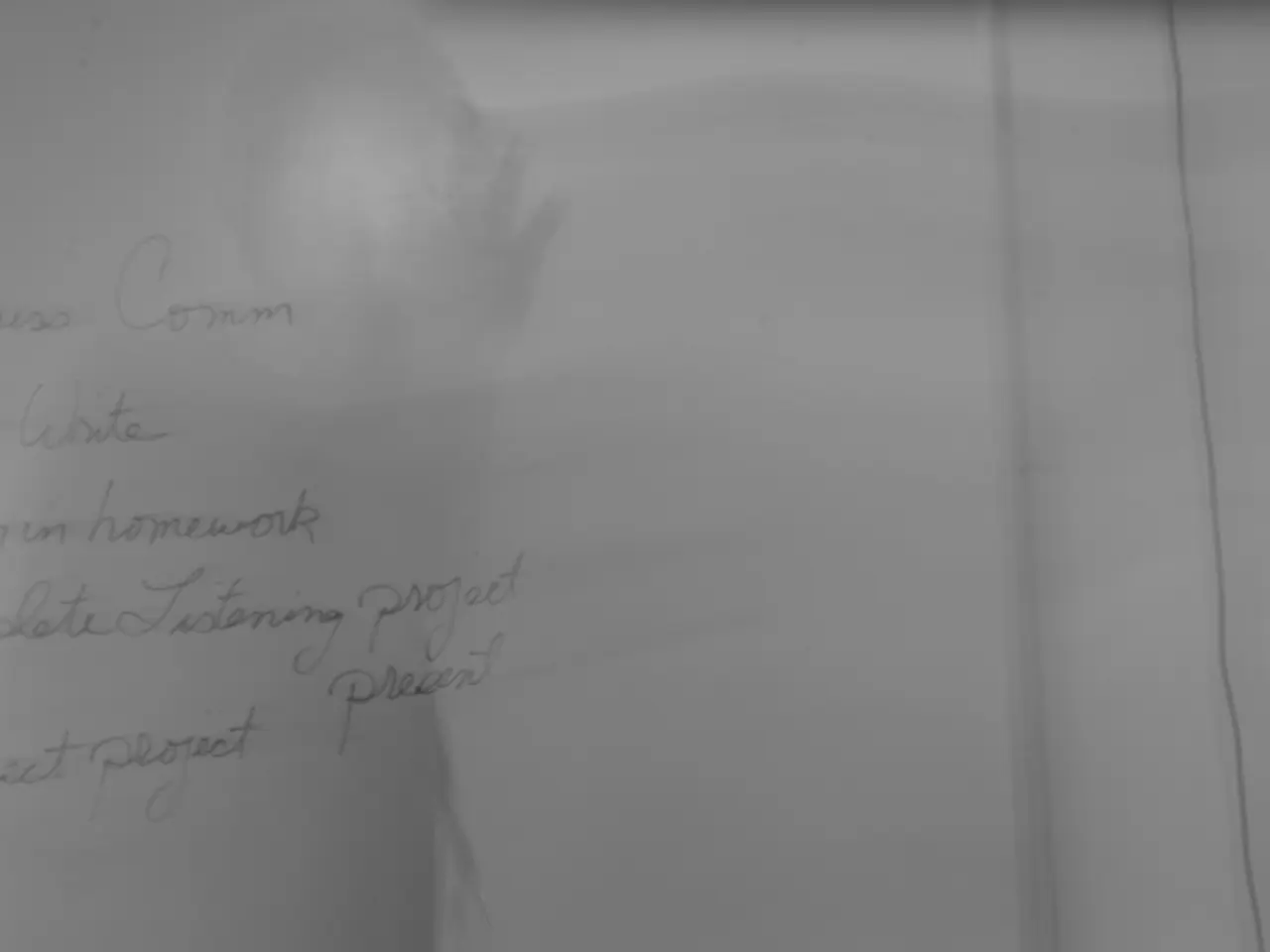Persistent Hold of Mental Disorder: Clutter's Impact on Your Brain Functioning
In the realm of psychology, a groundbreaking theory named Prospect Theory has emerged as a key factor in understanding why people struggle to declutter their homes and let go of possessions. This theory, first revolutionized by Daniel Kahneman and Amos Tversky in the late 1970s, explains how people make decisions based on perceived gains and losses rather than actual outcomes.
At the heart of Prospect Theory lies a concept known as loss aversion. This means that the negative feelings associated with losing something, such as an owned possession, are more intense than the positive feelings of gaining space or order from decluttering. The emotional response to losses is processed in the same areas of the brain associated with pain, making it psychologically harder to declutter because getting rid of possessions is experienced as a larger loss than the corresponding gain of tidiness or freedom from clutter.
The Value Function in Prospect Theory further demonstrates that losses hurt more than equivalent gains feel good. People tend to overvalue small gains and undervalue large gains, a phenomenon that contributes to hoarding tendencies. This aversion to perceived loss results in individuals being reluctant to part with items, even those not needed, because discarding them feels like a loss greater than the gain of reduced clutter, reinforcing hoarding behaviors.
Additionally, people evaluate outcomes relative to the status quo. Keeping possessions maintains the current reference point, reducing feelings of loss, while decluttering shifts it and feels more risky or disadvantageous emotionally. The endowment effect, a psychological bias where we attribute more value to something simply because we own it, is closely related to loss aversion and further complicates the decluttering process.
However, there is a potential solution to mitigate the effects of loss aversion. Reframing choices in a way that emphasizes gains rather than losses can help individuals make more rational decisions about decluttering. For example, focusing on the joy of a clean, organised space rather than the loss of an item can help shift the psychological weight towards decluttering.
In a study, sellers consistently valued items more than buyers were willing to pay for them, demonstrating the endowment effect. This finding underscores the importance of understanding loss aversion and the endowment effect in our decision-making process regarding our belongings, making it difficult to let go of items we no longer use or need.
In conclusion, loss aversion plays a significant role in our decision-making process, particularly when it comes to our belongings. By understanding this concept, we can better equip ourselves to declutter our homes and make more rational decisions about what to keep and what to let go.
- The emotional response to the loss of a possession, such as during decluttering, is more intense than the positive feelings gained from the freedom and order that comes with a tidy home, due to a psychological concept called loss aversion.
- The decision to declutter can feel psychologically harder because getting rid of possessions is experienced as a larger loss than the corresponding gain of reduced clutter, which reinforces hoarding behaviors.
- To mitigate the effects of loss aversion, it's helpful to reframe choices by focusing on the joy of a clean, organized space rather than the loss of an item, thereby shifting the psychological weight towards decluttering.
- Items we own are often attributed more value than they are worth in the eyes of others, as demonstrated by the endowment effect. This psychological bias complicates the decluttering process by making it difficult to let go of items we no longer use or need.
- In the realm of health-and-wellness and mental-health, understanding loss aversion and the endowment effect can help us make more rational decisions about our belongings and, consequently, declutter our homes, improving our overall quality of life.




